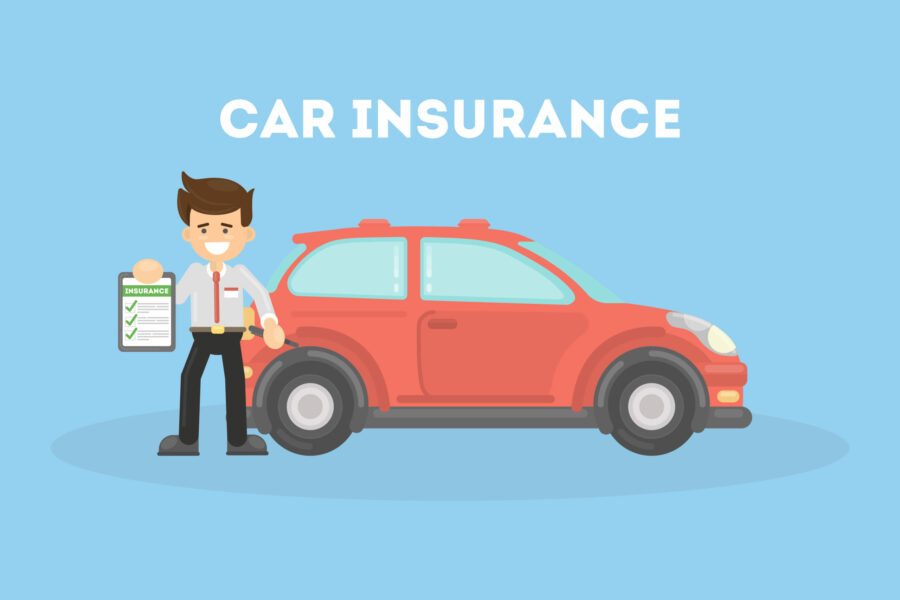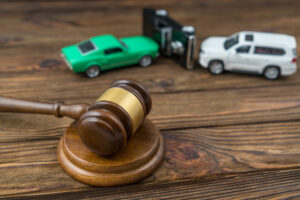After a car accident, adrenaline can mask any symptoms of injury you may have, causing you to ignore essential things that can help you build a strong insurance claim. A Las Vegas car accident lawyer can make sure you take enough steps without affecting your accident claim. Your attorney will help you avoid making mistakes that can weaken your claim.
Following a car accident, below are mistakes that can jeopardize your insurance settlement. By avoiding such mistakes, you protect your rights and make sure you get a reasonable settlement that covers all the losses you have suffered.
Not Contacting the Police
Not reaching out to law enforcement following a crash can affect your ability to prove your case’s facts and complicate the claims process. The police will create a police report that serves as an unbiased record of the accident, including important details such as the time, location, and date of the accident, the parties involved, the observations of the responding officer, and witness statements. Without such documentation, it will be more difficult to establish a reliable account of what took place. This can result in delays, increased scrutiny, and claim denial. By calling the police after a car accident, there is a neutral thirty party that documents the crash scene and gathers evidence.
Admitting Fault
Admitting fault following a car crash can decrease your chances of securing a fair claim settlement from the insurers. Once you admit fault, the insurance company of the at-fault party can use it to devalue or deny your claim. Insurers have insurance adjusters who will leverage statements from claimants that suggest liability to minimize their payout.
Insurance companies are responsible for determining fault for a car accident. Admitting fault right away can overlook significant contributory factors like road conditions, the behavior of the other driver, and mechanical problems.
Not Seeking Immediate Medical Attention
Again, adrenaline can mask your pain and other injury symptoms after a crash, resulting in you thinking you are not hurt at all. But some injuries like concussions, whiplash, and international injuries may present symptoms hours or even days later.
If you do not seek immediate medical attention after a crash, this can undermine your insurance claim. Insurers may argue the injuries you have suffered were not as severe as you claim or did not directly result from the accident. A lack of prompt medical documentation can result in reduced compensation or a denied claim. Medical records will serve as important evidence connecting your injuries to the car accident. This will help your attorney substantiate your case and make sure you get maximum compensation.
Not Collecting Evidence
Without enough evidence to support your claim, your chances of obtaining full compensation for your injuries can be greatly reduced. Proper evidence is important to prove the accident’s specifics, like who caused it and the extent of damage. Usually, evidence gathered at the accident scene is the most dependable and can offer a clear picture of the events that led up to the crash. After a car accident, try to collect the following:
- Photographs and videos. Take photos of the crash scene, road conditions, vehicle damage, visible injuries, and traffic signs.
- Witness statements. Gather names and contact information from witnesses. Or try to get statements from them.
- Police report. Get a copy of the official police report as it’s an impartial record of the crash.
- Driver information. After a crash, exchange names, contact information, insurance information, and driver’s license numbers with the other driver.
- Accident scent diagram. Sketch the crash scene, noting both vehicles’ positions and any related traffic signals and signs.
Your car accident attorney will use these pieces of evidence to build and strengthen your claim. They will make sure your legal rights and best interests are protected throughout the claims process.



 What To Know About Employment Laws, Sexual Harassment Lawyers in Los Angeles, California
What To Know About Employment Laws, Sexual Harassment Lawyers in Los Angeles, California




